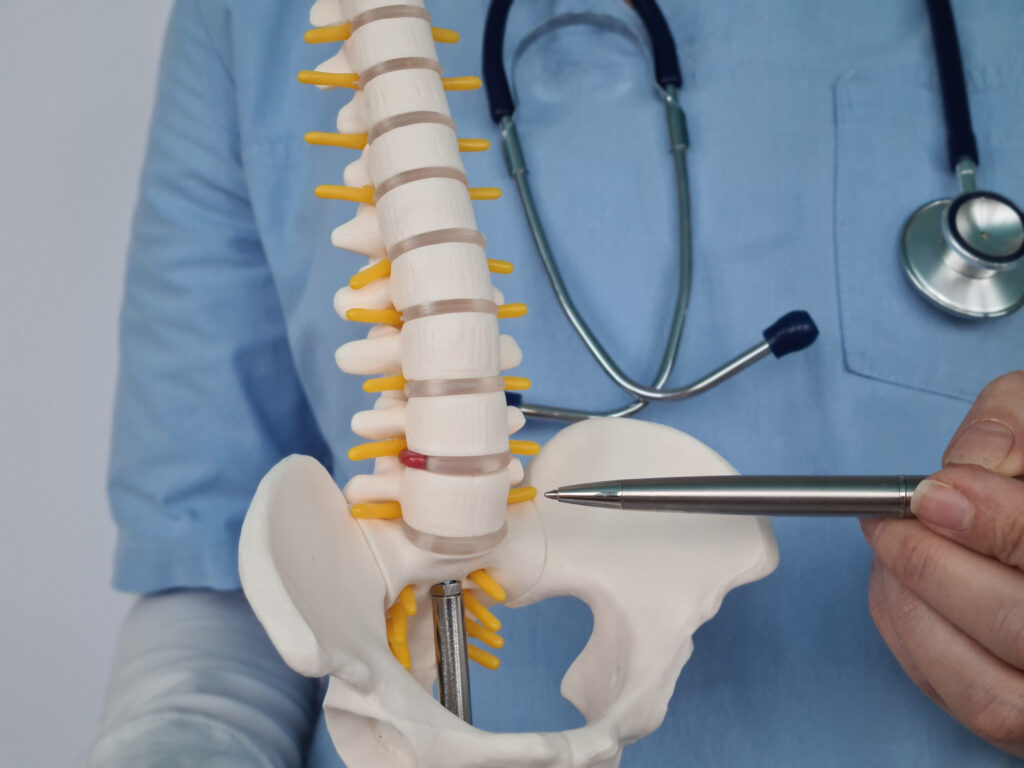Leptin, a crucial adipokine, has garnered significant attention in recent years due to its role in various physiological processes, particularly in relation to obesity, metabolism, and inflammation. This hormone, primarily produced by adipose tissue, interacts with its receptor, particularly the long isoform, to initiate a cascade of signaling pathways that affect energy homeostasis and immune responses. Recent research has uncovered leptin’s presence in intervertebral disc (IVD) tissues, with notable increases in its expression seen in degenerated discs. This finding has led scientists to explore the implications of leptin in intervertebral disc degeneration (IDD).
Initially recognized as a metabolic sensor, leptin has now been implicated in the regulation of inflammatory processes. In cases of IDD, the imbalance created by leptin can foster catabolic degradative activities, exacerbating disc degeneration. This suggests that targeting the leptin pathway could offer a novel therapeutic approach for treating IDD, aiming to restore balance and promote healing.
In a groundbreaking study, researchers introduced an innovative drug delivery system (DDS) that utilizes stem cell membranes (SCM) to encapsulate zeolitic imidazolate frameworks-8 (ZIF-8) nanoparticles. These nanoparticles serve as vehicles to transport a plasmid containing short hairpin RNA (shRNA) that specifically targets the leptin receptor (LEPR). The ultimate goal of this DDS is to facilitate repair in degenerated IVDs effectively.
The efficacy of this DDS was rigorously tested through a combination of in vitro and in vivo methodologies. In vitro experiments included western blot analyses and immunofluorescence staining, while in vivo assessments were made through radiological examinations and histological staining. Results from these studies demonstrated that the DDS possesses excellent cell adhesion capabilities and high gene transfection efficiency in vitro. More importantly, impressive treatment outcomes were observed in vivo.
Both in vitro and in vivo studies revealed that the DDS successfully reduced leptin receptor expression. This reduction was accompanied by a significant alleviation of the inflammatory environment typically associated with degenerated IVDs, thereby promoting regeneration. The findings suggest that this DDS could represent a promising new avenue for treating IDD, and potentially other degenerative diseases linked to dysfunctions in the leptin signaling pathway.
The research was conducted by a team of experts, including Zhe Wang, Lin Qi, Yong Huang, Zheng Liu, Ruibang Wu, Yize Zhao, Hao Li, Siyi Wang, Limin Liu, Li Zhang, and Ganjun Feng, all associated with the Department of Orthopedic Surgery and Orthopedic Research Institute, Analytical & Testing Center, West China Hospital, Sichuan University, Chengdu, China.
In summary, this innovative approach to targeting the leptin pathway through a novel drug delivery system has opened new doors for the treatment of IDD. As research continues to evolve, the potential benefits of this strategy may extend beyond intervertebral disc degeneration, potentially impacting a variety of degenerative conditions tied to leptin signaling. The implications of this work could reshape therapeutic strategies in regenerative medicine, marking a significant step forward in our understanding and treatment of degenerative diseases.


